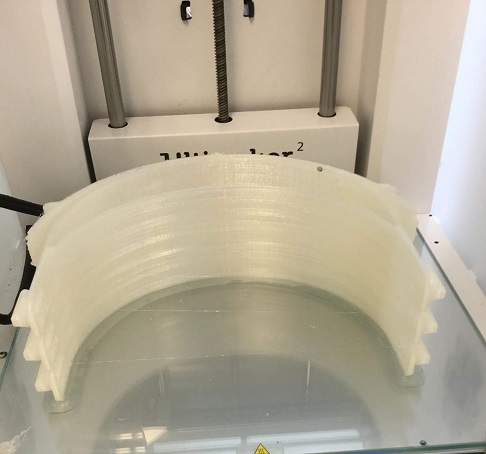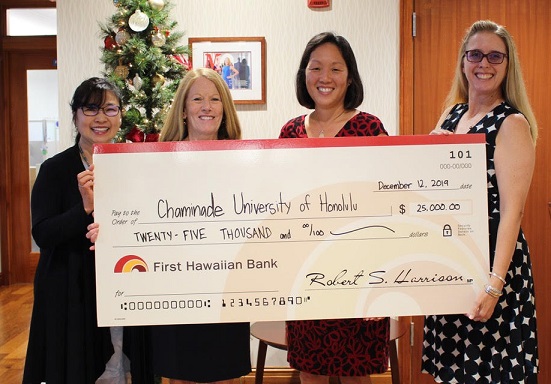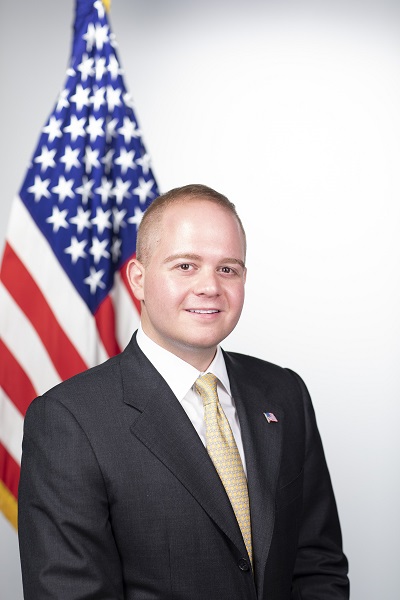Dr. Brandy Sato ’97 ’02 knows a thing or two about Catholic school. A Kailua native, her family has a legacy of attending either Sacred Hearts Academy or St. Louis School. She followed suit and attended the all-girls school through high school, before making the trek across Waialae Avenue to attend Chaminade University. After graduating, she spent some time teaching in Catholic schools and then returned to Chaminade to get her Master’s in Education.

So naturally, when Sato assumed the role of secondary school principal at Island Pacific Academy this past June, she was attracted to the school’s focus on values. She saw a strong connection between the values that guide Island Pacific—humility, love, respect, generosity and gratitude—with those that she was taught at Sacred Hearts Academy and Chaminade University.
“At Island Pacific, we have certain values that we live by and that we teach our children,” says Sato. “Those values are very easy for me to promote because they align with my Catholic faith.”
While she learns to navigate her new institution and lead the school through the novel coronavirus pandemic, she finds herself regularly drawing upon her faith.
“Faith is a benchmark and the foundation upon which we need to stand during this current health pandemic,” says Sato. “The gospels that were instilled in me throughout my education are really a good compass for how to thrive during these challenging times.”
Her time at Chaminade has also helped set a precedent for what she hopes to achieve at Island Pacific. Because Chaminade is a small school, it allowed her to learn in a way that best met her needs. It helped her understand the importance of personalized learning—something she’s really taking to heart as Island Pacific works to refine its distance learning program.
“During this pandemic, as we look to different ways of instruction, I think a lot about my personalized experience at Chaminade,” says Sato. “It has helped me make sure that we are really connecting with our students, that we know them well enough to continue to educate them in a way that helps them explore their passions.”
Chaminade also offered Sato an example of what it means to provide a well-rounded education. “Academics were very important at Chaminade, but so were social opportunities, particularly those that helped me explore my faith,” says Sato. “The experience I had at Chaminade is one I want to duplicate for my students here at Island Pacific, to make sure we continue to educate the whole child.”
Ultimately, for Sato, that’s her life’s mission—to build a new generation of well-rounded individuals who strive to serve their communities. Being an educator is the most powerful way for Sato to give back and put her own faith into action. By inspiring and motivating children, and helping them to reach their dreams and explore their passions, Sato believes she can change the world.
“I really want to leave the world in a better place when I’m gone,” says Sato. She pauses for a while, while reflecting on her legacy and the meaning behind decades of hard work. “I see that my vocation in life is to inspire and motivate. To provide multiple opportunities for children to reach their dreams and explore their passions, and to help them to have lifelong careers and interests that will make the world a better place.”










